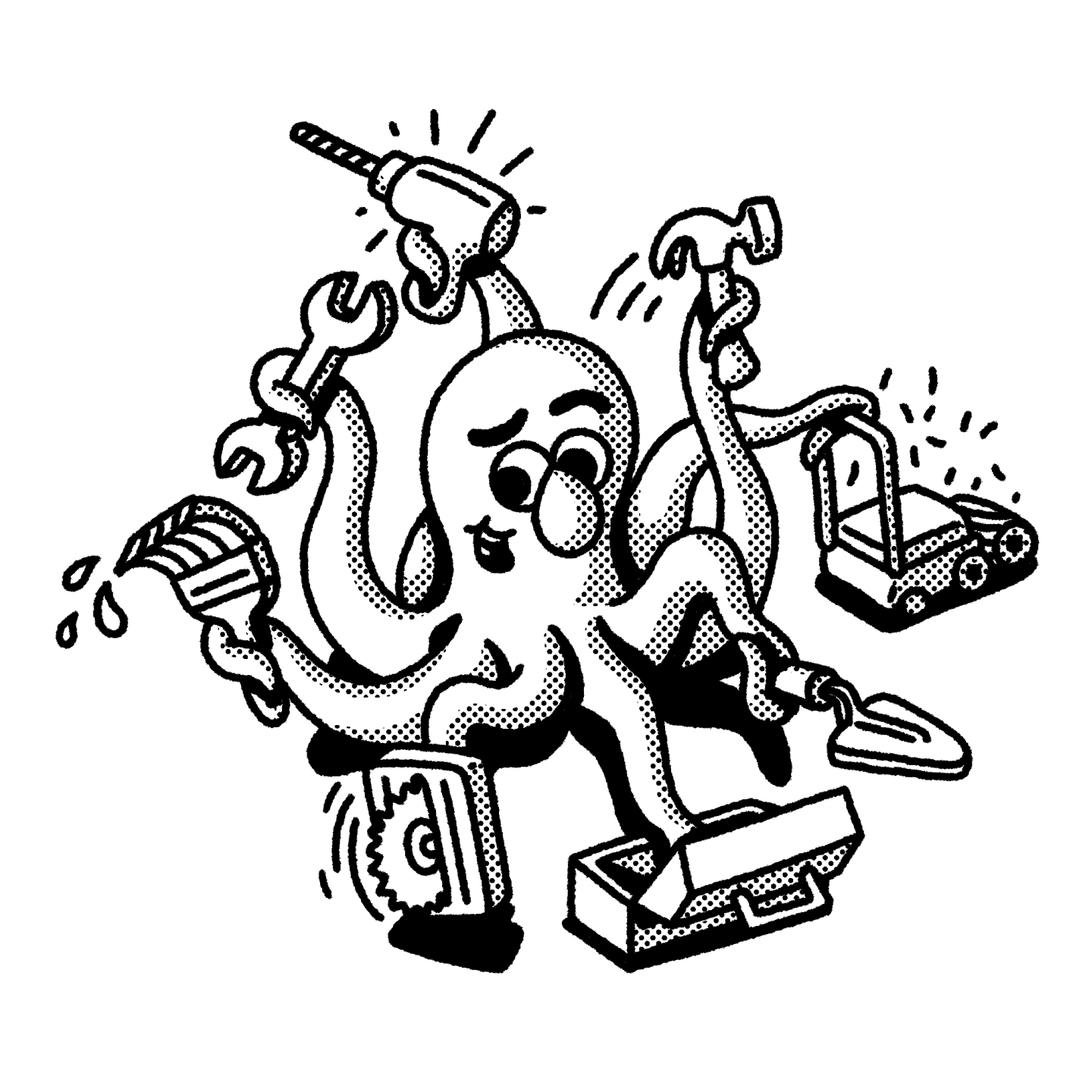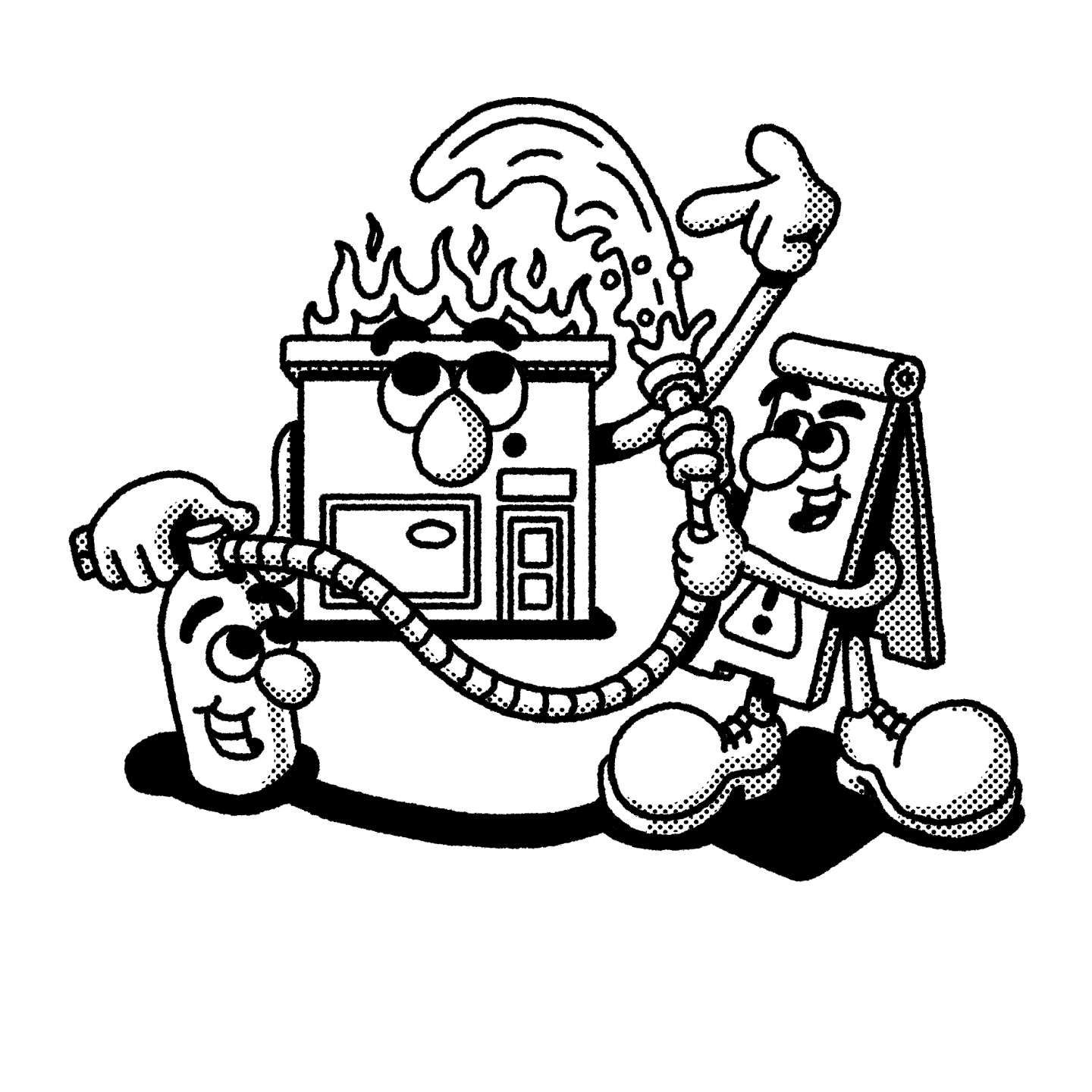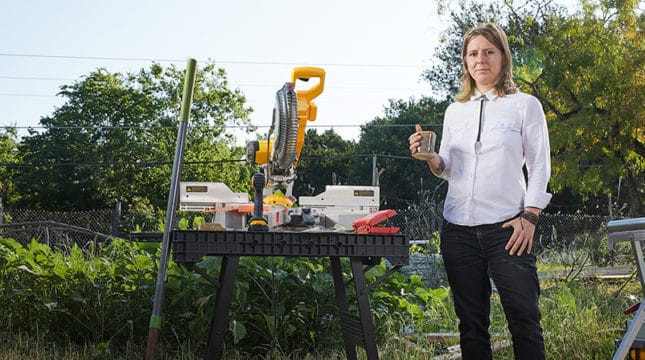What causes vicarious liability?
As a small business owner, vicarious liability often comes into play when you are sued because of mistakes made by your employees, agents or contractors. Though you didn’t cause harm yourself, you can be held responsible because the people working for you caused harm.
You can be held vicariously liable for the actions of your employees even when they’re off the clock. For example, if one of your employees bad-mouths a client online, the client can sue you for libel, slander or defamation.
Basically, vicarious liability is the legal term to ensure employers are responsible for the actions of everyone they employ. It’s not unlike how parents have a legal responsibility for their children’s wrongful acts.
In other words, you’re the boss, so if something happens, you’ll be held accountable.
How vicarious liability works and who it covers
As a small business owner, you can be held vicariously liable for the actions of your employees, agents, or contractors during their course of employment.
Employees
Any time an employee works for you, whether onsite or offsite, you can be held responsible for their actions. For example, if they injure themselves on the job, their medical bills might be your responsibility.
Employee behavior can lead to vicarious liability even when they’re off the clock. Another example: say an employee is off the clock but still wearing your company shirt. If they get into hot water, not only is it bad for your business’s reputation, you could be held vicariously liable and face a lawsuit.
Agents
Or take an agent — a person who does work on behalf of someone else and has the authority to alter or create legal relationships for their client. An insurance agent, for example, is the legal representative of an insurer.
An agent may be an employee or a contractor. But unlike those two, when it comes to vicarious liability, both the business owner and the agent assume a share of the responsibility. This means that if an agent harms someone, that person can seek damages from both the agent and their employer.
Independent contractors
Now, when it comes to contractors, many small businesses like working with them exclusively because it limits their exposure to vicarious liability.
Generally, contractors work under a hold harmless agreement, which means they’re solely responsible for their actions. However, this doesn’t mean you’ll never have problems if you only work with contractors.
You can be held vicariously liable for a contractor’s actions if you practice negligent hiring. For example, if you contract with an electrician who isn’t qualified to do the work and something goes wrong, you can be found vicariously liable.
You could also be held vicariously liable if you contract out work you’re legally required to do.
Protecting yourself from vicarious liability
If it seems like there are a lot of ways for a small business owner to be held vicariously liable, you’re right; there are. But luckily, many types of business insurance can protect you against vicarious liability claims.
- General liability insurance can help protect you when your employees cause injury or property damage to a customer while working. Should their actions lead to a lawsuit, general liability can also help pay for court costs and fees.
- Professional liability insurance (also called errors and omissions insurance) helps protect you should one of your employees make a professional mistake while working for you. Say you own a plumbing business, and one of your employees installs a water heater that starts leaking and floods a client’s home. Insurance covers some of the repair costs.
- Workers’ compensation insurance helps cover both the cost of medical bills and lost wages should one of your employees get injured on the job.
As a small business owner, you’re responsible for everything about your business, both good and bad. We get it, you don’t want to damage your employer-employee relationships, but when it comes to your business, the buck stops with you.
How NEXT helps small business owners
You know and trust your employees as a small business owner, but accidents happen. Protect your people and yourself with NEXT. Plus, we’ll knock up to 10% off the price if you bundle your small business insurance policies.
You can start a quote, customize your options and access your certificate of insurance online immediately — in about 10 minutes.













